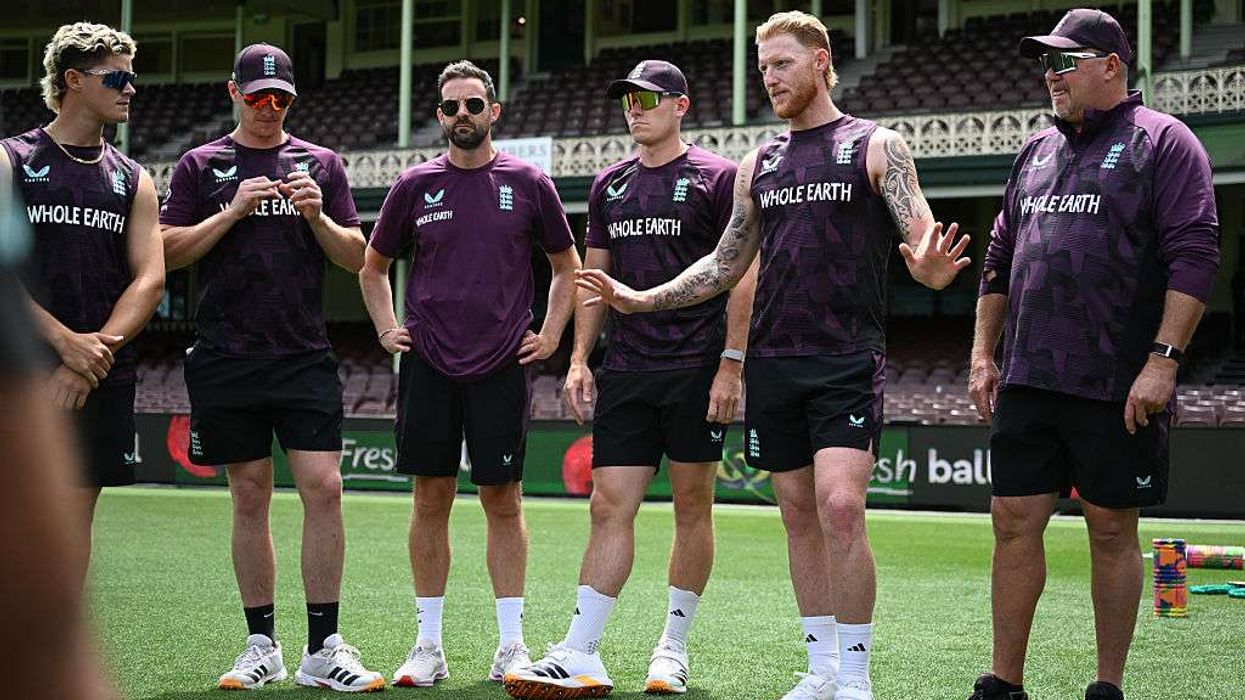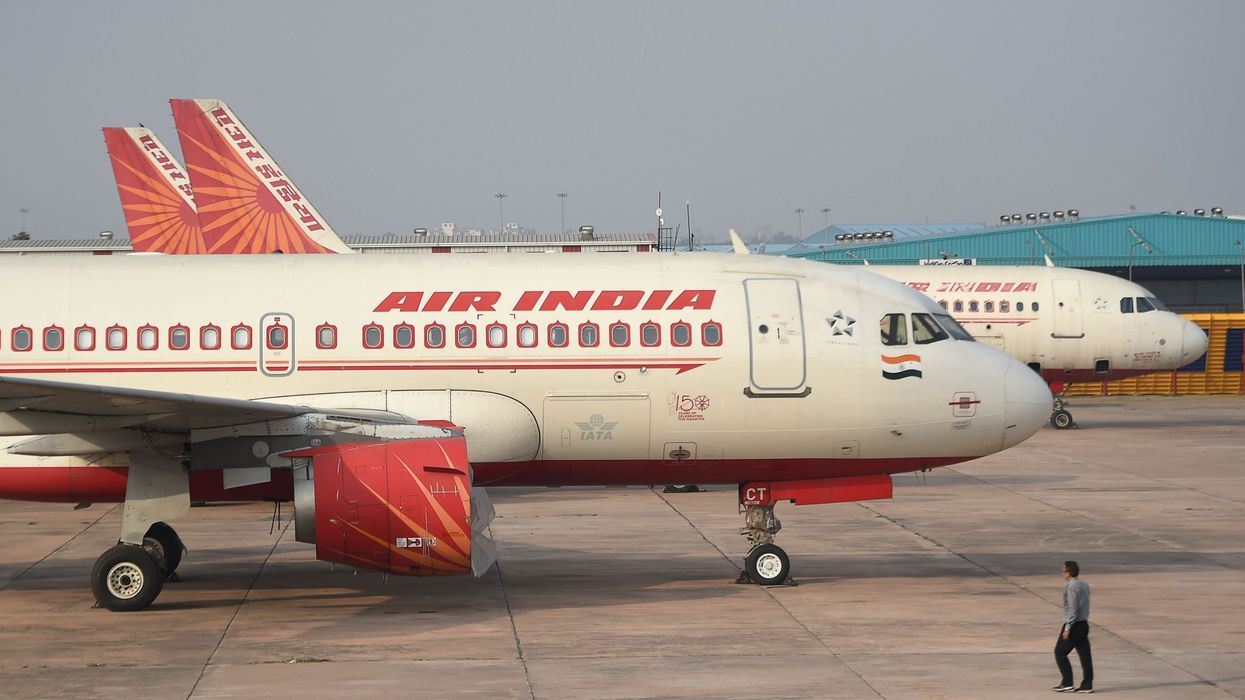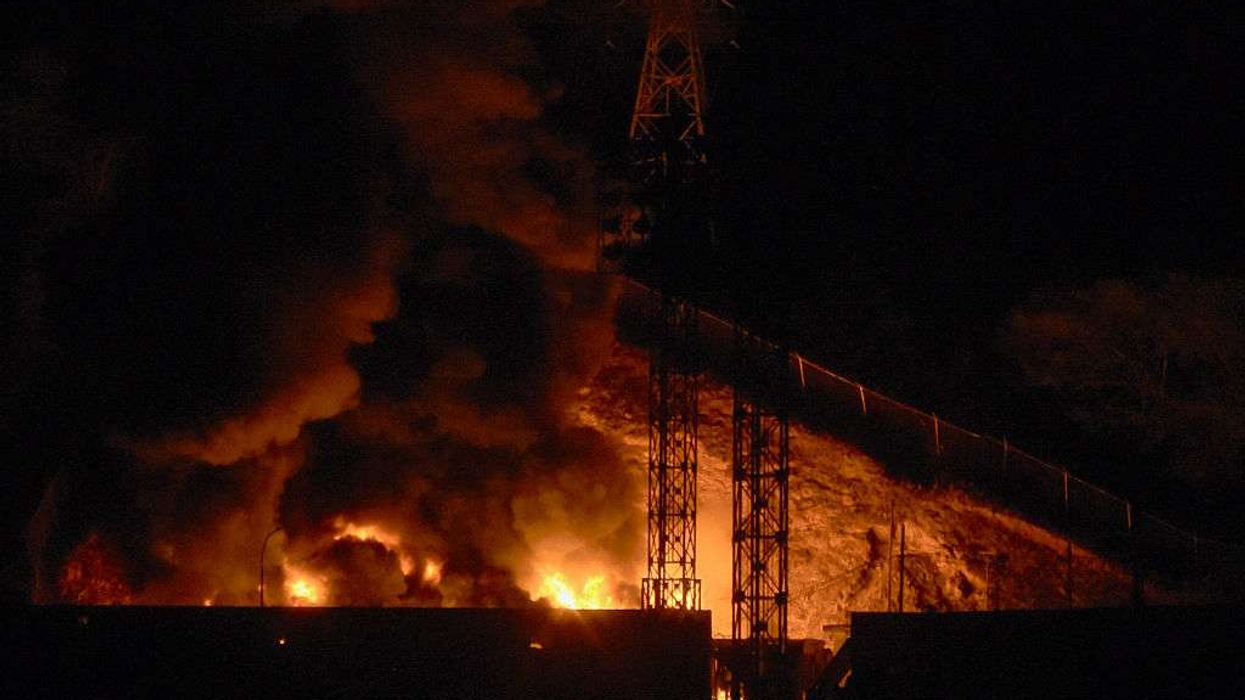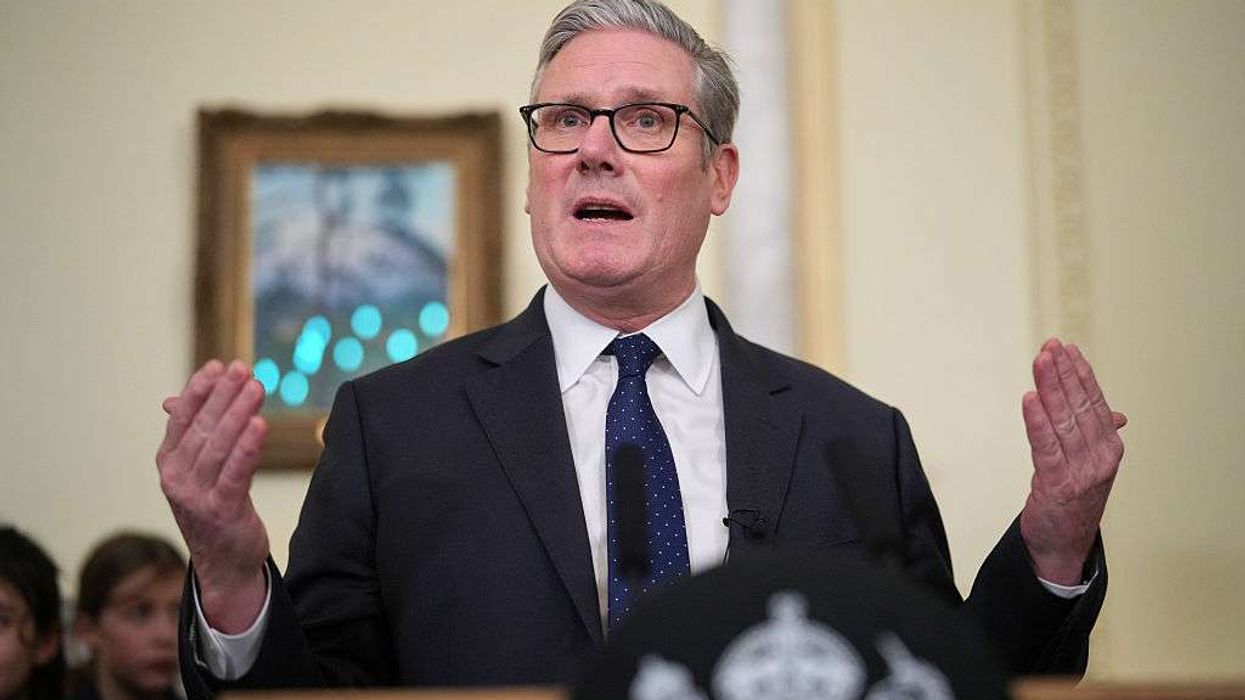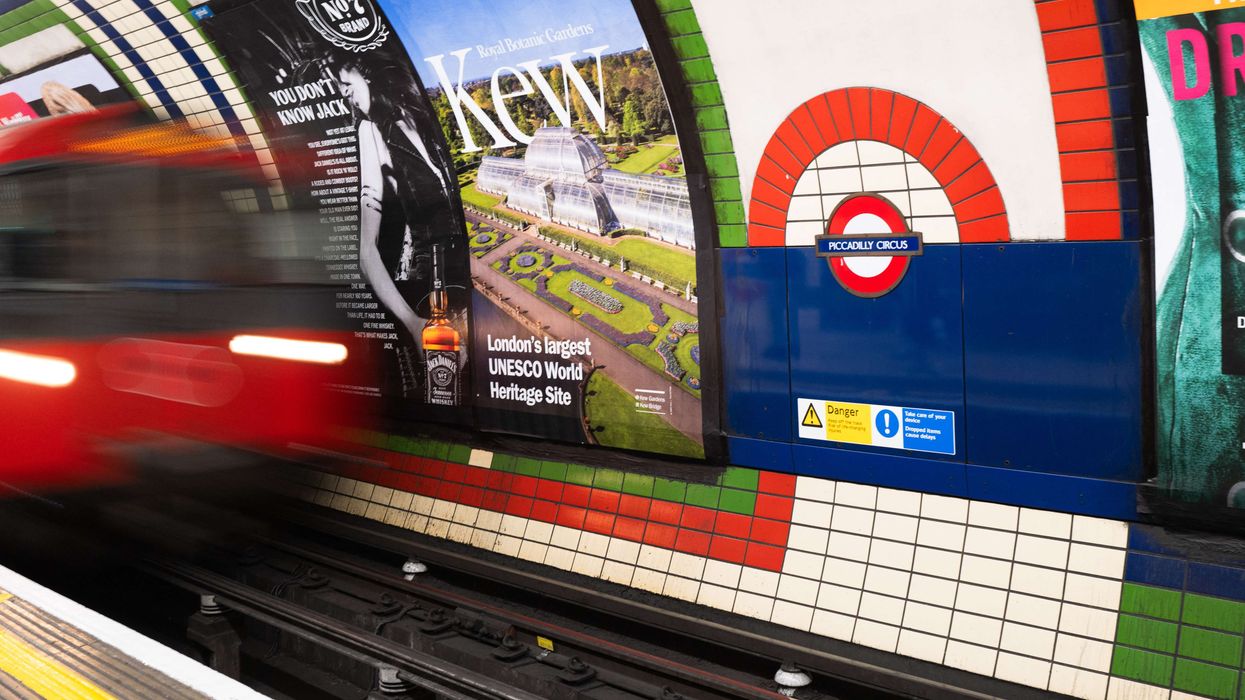BBC chairman Samir Shah insisted that the corporation must do much more to ensure its staff reflects the country as a whole, as it needs more 'variety and diversity'.
He added that diversity should not be limited to ethnicity, where progress has been made, but should also include diversity of thought, particularly by including more voices from the northern working class.
In an interview with The Sunday Times, Shah outlined a sweeping vision for reform of the corporation, tackling issues from staff misconduct to funding models and political bias.
The British Indian media veteran, who succeeded Richard Sharp following his resignation a year ago, revealed his determination to root out abuses of power by the corporation's stars in the wake of recent scandals.
The 73-year-old brings the perspective of a programme maker rather than a financier to the role. "I'm loving every minute of it because, unlike my predecessors, I'm a programme maker," Shah said, describing his job as "a privilege" despite it being considered by many as thankless.
He acknowledged the broadcaster faces criticism for perceived liberal bias, conceding that "the media recruits graduates from the arts, humanities, and they tend to be metropolitan and to have a point of view you could describe as liberal centre, centre left. We kind of reflect that."
While the corporation shows "a great deal of sympathy" for people arriving in Britain on small boats, Shah believes it has not "taken up as much as it should the concerns of the communities receiving all these people."
"Concerns that your child can't get into a school or see a doctor. Are there pressures on housing? We have people in various parts of the country who really object to having a whole load of migrants coming in. It is our job to hear their point of view."
Shah has personally taken over chairing the BBC's editorial guidelines and standards committee to address bias where it appears.
Following the high-profile cases involving Huw Edwards and Russell Brand, as well as allegations against Tim Westwood and Gregg Wallace, Shah expressed zero tolerance for misconduct.
Last September, a London court sentenced Edwards to six months in prison, suspended for two years, for accessing indecent images and videos of children. In January, the BBC apologised to staff who felt unable to raise concerns about Russell Brand’s behaviour due to his perceived influence. The former presenter was accused of sexual assaults, allegations he denies.
Westwood is under investigation over allegations of non-recent sexual abuse, while Wallace faces accusations of inappropriate sexual behaviour.
"The theme that keeps coming through is that junior staff are vulnerable to being preyed on by people with power. We have to stop it. I will not tolerate junior staff being scared to report what's happening or their managers looking the other way," Shah insisted.
He proposed establishing "an internal affairs unit, like in Line of Duty" to tackle bad behaviour, adding: "We need to have some way of preserving whistleblowers' anonymity, so we can throw people out and do it quickly. I'm absolutely determined. This is a cancer we need to cut out."
When asked about the BBC's decision to continue paying Edwards his £475,000 salary after his arrest, Shah defended the approach: "We now know he was a villain but back then he had not been convicted. Remember, we've seen people in the entertainment industry arrested and not charged."
Shah, who had known Edwards professionally for years, admitted his shock: "I'd known him for a long time. I had no idea. None at all. He lied about everything—and deceived us."
The chairman did not shy away from addressing recent editorial failings, particularly regarding a documentary about Gaza that had to be pulled from iPlayer after it emerged that the 13-year-old narrator was the son of a Hamas administration official—information that BBC editors had failed to disclose to viewers.
Shah said that when errors occur, "they must be acknowledged. We make mistakes in our journalism. We correct mistakes."
According to reports, it was Shah who demanded a swift public apology for the "serious, unacceptable flaws" in the programme's making.
On the issue of BBC stars supplementing their salaries through external speaking engagements, Shah was blunt: "It's a privilege to work for the BBC. You should just stick to it." He added that when the public see stars cashing in, "they think, 'What the hell are these people doing?'"
His message to presenters who feel they could earn more elsewhere was equally direct: "No one's forcing you to work for us."
With the BBC facing significant financial challenges—including a 30 per cent reduction in real-term income over the past decade due to licence fee freezes—Shah dismissed several alternative funding models.
He rejected subscription services, hybrid licence fees, advertising ("would kill ITV"), and general taxation funding, which "would leave the BBC open to influence from the government of the day."
Instead, Shah favours a progressive household levy that would see wealthier households pay more. "Why should people who are poor pay the same as people in wealthy households?" he asked, suggesting council tax or income tax bands could create a sliding scale.
"It gets rid of the enforcement issue, which is a problem," he noted. "The idea that not paying the licence fee is a criminal offence seems too harsh."
Shah also advocated for taxes on US streaming giants operating in Britain, arguing that revenue raised should be directed into "training and skills to further strengthen Britain's creative industries."
Acknowledging the "chronic" decline in viewership of traditional BBC channels, Shah urged greater risk-taking in programming, citing the Welsh comedy "Mammoth" as a successful example.
For flagship programmes like Match of the Day, he suggested a shift away from highlights to greater analysis and examination, given that many viewers now watch Premier League goals online before the show airs.
Shah also expressed ambition for the World Service, which he grew up listening to in India: "We reach just under half a billion people. We should reach a billion." This goal is particularly important, he argued, in the face of Russian and Chinese propaganda efforts.
"When we retreat, the Chinese and Russians move in with their propaganda TV and radio services. They're putting billions into this. It's not a trade war, it's a mind war."
Looking ahead to the expiry of the BBC's Royal Charter in 2027, Shah advocated for significant reform, describing the current ten-year renewal cycle as "mad."
"We're the only organisation created by Royal Charter that has a time limit on the charter," he pointed out, noting that being distracted by existential battles every few years hampers the corporation's ability to serve its audience.
Instead, he proposed "a framework that would run for 15 to 20 years and sets out some core principles for the BBC," while maintaining accountability through Ofcom and parliamentary oversight.


